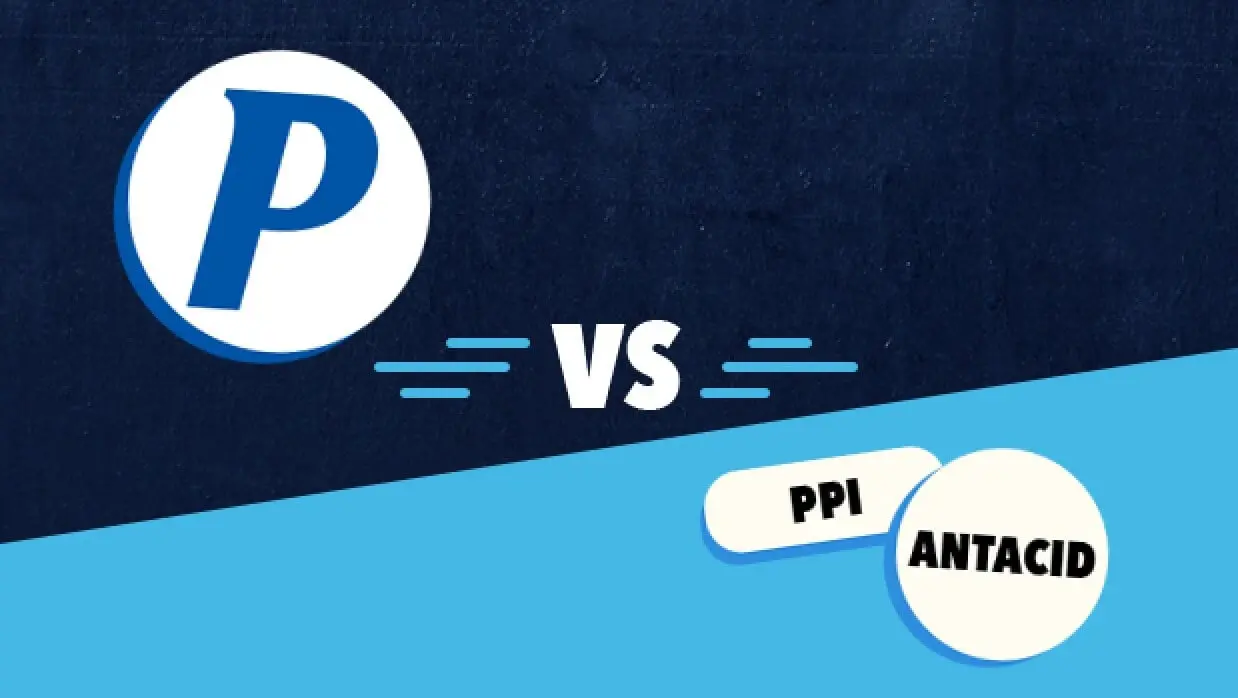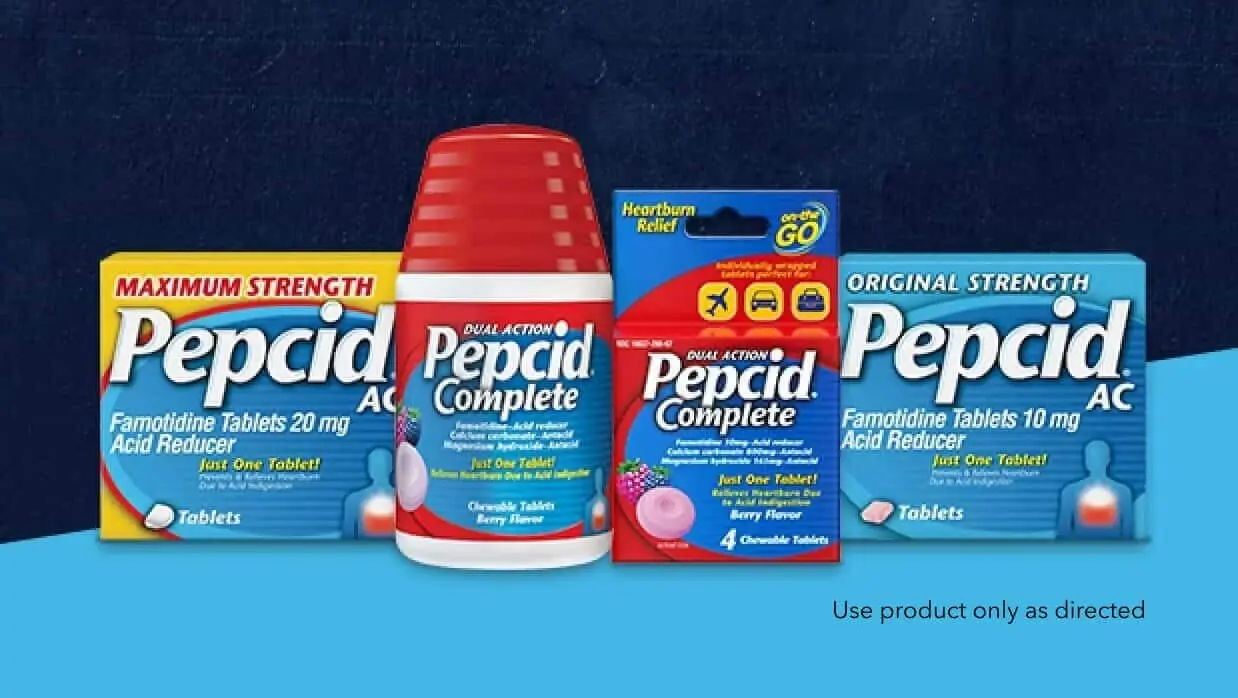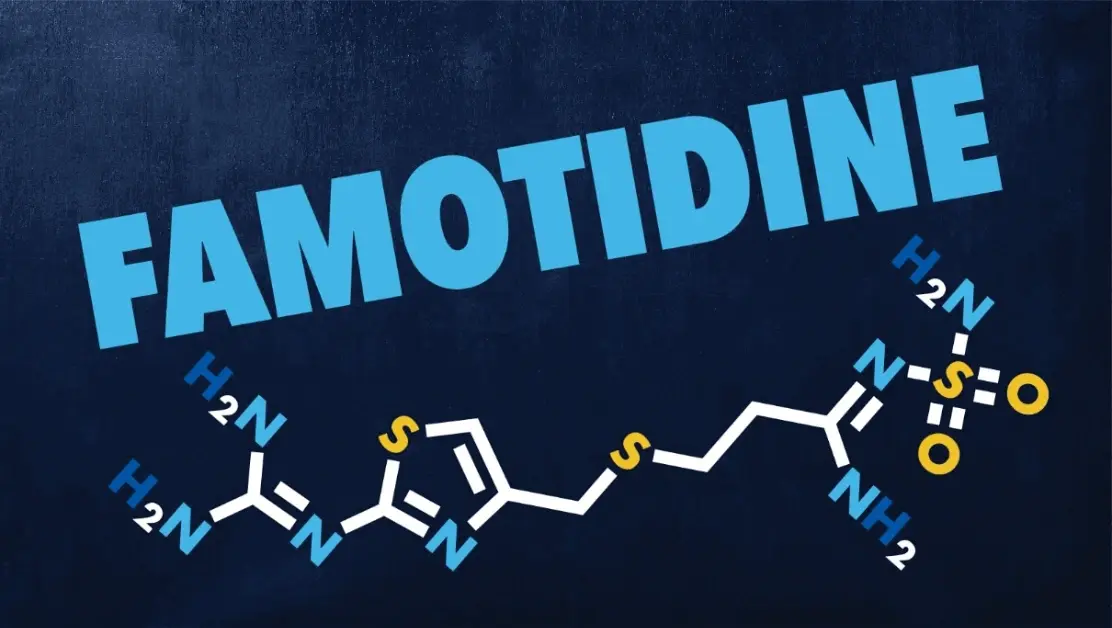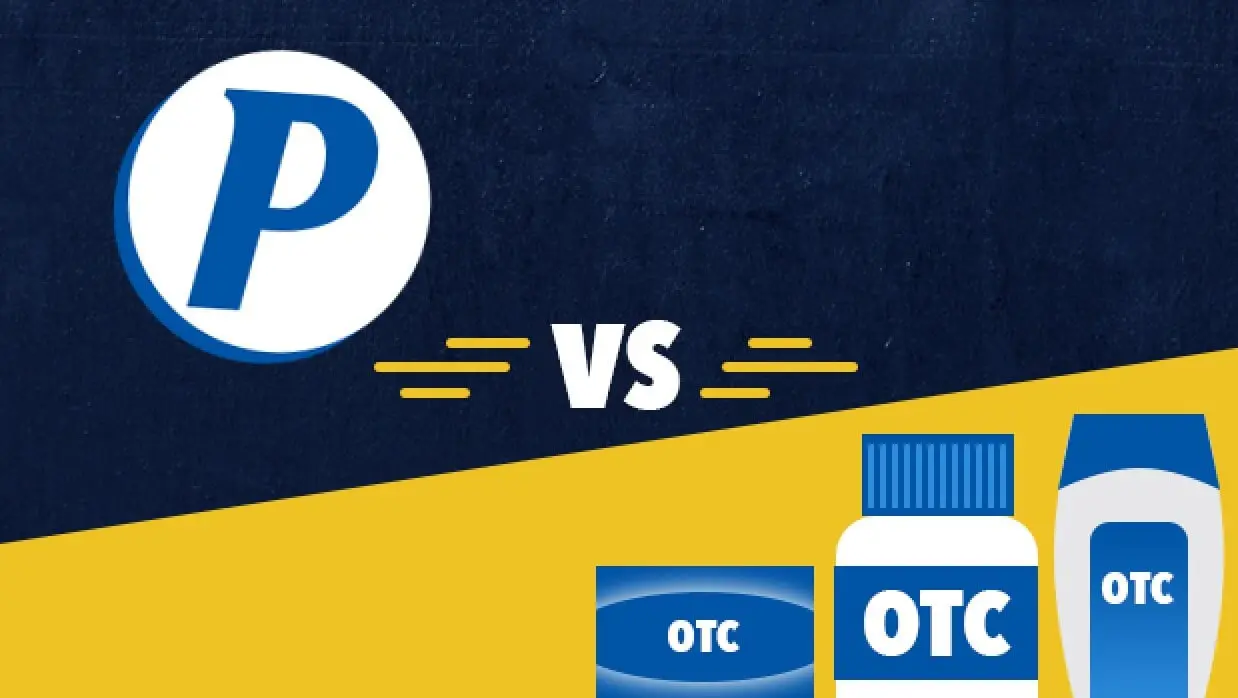Antacids are medications that help fight heartburn — that burning sensation you may feel in your chest after a large, spicy, or fatty meal.
Heartburn is a symptom of acid reflux, which happens when the acid and undigested food normally found in your stomach leaks back into your esophagus. When acid reflux occurs frequently, it is called gastroesophageal reflux disease (GERD).
Read on for our complete guide to what an antacid is, and the various antacid medications – including tablets, liquids and more.
What Are Antacids Used For?
Antacids are often taken to relieve heartburn, acid indigestion and a “sour” or upset stomach.
Symptoms antacids may be helpful for include:
A burning feeling in your stomach or chest. This may be more noticeable after you’ve eaten, or at night, and is typically a result of stomach acid and/or undigested food rising into your esophagus. This is what is generally known as ‘heartburn’1
Feeling bloated or overly full. You’ll likely notice this after eating – it might feel like pressure or discomfort2
Minor discomfort around your stomach. Also known as epigastric pain, you’ll feel this under your ribcage just above your stomach. This is where organs such as your liver, pancreas and small intestine are found2
Tasting stomach acid, or a sour taste. Often with acid reflux or GERD, acid will rise from the stomach. When the acid moves up the esophagus you may notice a distinctive and unpleasant sour taste3
How Do Antacids Work?
Antacids are bases — the chemical opposite of an acid. When you add a base to liquid containing acids, such as stomach juices, the fluid becomes less acidic.
In this way, antacids can prevent the stomach contents from getting too acidic, and reduce the chances that the acid will travel up into the esophagus.
Antacid treatments may also have other effects that help prevent heartburn.4
Each antacid medication contains one or more active ingredients. These compounds usually work by neutralizing acid in the stomach.4 The most common active ingredients in antacids include:
Calcium Carbonate
Antacid tablets that contain calcium carbonate provide acid-neutralizing effects.4
Calcium carbonate also has an effect on the lower esophageal sphincter (LES), the muscle that blocks off the esophagus from the stomach. Acid reflux can happen when the LES becomes too relaxed.
Magnesium Hydroxide
This compound can help decrease the amount of acid in the stomach by neutralizing it.
Aluminum Hydroxide
Aluminum hydroxide works in a similar way to calcium carbonate.
Antacid Side Effects
There can be some side effects associated with taking antacids4:
Headaches
Nausea
Vomiting
Stomach pain or cramps
Excessive gas
Diarrhea or constipation
Hypercalcemia – excessive calcium in the blood due to the large amounts of calcium found in antacids
Osteopenia – weak bones or bone density loss
Iron Deficiency Anemia – due to reduced absorption of iron
Antacids often contain aluminum or magnesium. Aluminum can cause constipation whereas magnesium may cause diarrhea.5
You shouldn’t take antacids too frequently. If you experience heartburn or indigestion regularly, there could be underlying causes – so you should speak to your healthcare provider about this.4
You should also contact your doctor if you take other medications, as antacids can affect how your body absorbs certain medicines.4
Types of Antacid Medications
Antacids come in various forms – typically liquid, tablet or chewable tablet. They are usually taken orally. Liquid antacids will require you to measure your dose with either a spoon or a cup.
Chewable tablets such as PEPCID COMPLETE® can be more practical for those on the go, and won’t require you to measure a dosage.
Some tablets aren’t chewed, but are swallowed whole with a glass of water.
Antacid Only
Many over-the-counter heartburn medications only contain antacid compounds — such as calcium carbonate, magnesium hydroxide, or aluminum hydroxide.
Combination Antacid and H2 Blocker: PEPCID COMPLETE®
Some of the best antacids medications for GERD, heartburn and acid reflux use more than one active ingredient.
Medications like PEPCID COMPLETE®, for example, contain multiple types of active ingredients that work to fight heartburn on several levels. PEPCID COMPLETE® is fast acting and provides dual action heartburn relief with a single tablet, combining an antacid with an H2 (histamine-2) blocker.
H2 blockers such as famotidine are common heartburn relievers. These medications directly block parietal cells, the acid-producing cells inside the stomach. H2 blockers stop these cells from producing additional stomach acid, which helps prevent extra acid from escaping into the esophagus.6
PEPCID COMPLETE® combines the acid-suppressing power of an H2 blocker with the acid-neutralizing abilities of a calcium carbonate antacid.
Watch a video to see how the medication works:
PEPCID COMPLETE® works fast to relieve heartburn and control acid all day or all night.*
*Based on 9-hour acid control studies during the day and 12-hour acid control studies during the night. Acid control does not imply symptom relief.
Antacid FAQs
Is Famotidine an Antacid?
No. Famotidine is a medicine known as an H2 blocker, which decreases the amount of acid being produced in the stomach. Famotidine can be bought over the counter to prevent heartburn or acid indigestion, but it works differently to an antacid, which works to neutralize existing stomach acid. It’s also the active ingredient in PEPCID®.
A doctor or healthcare provider may prescribe stronger variants of famotidine to treat stomach ulcers. It can also be used to help manage conditions where the body produces too much stomach acid.7
Is PEPCID® an Antacid?
Some PEPCID® medications, such as PEPCID Complete® On-The-Go, contain effective antacids that can help relieve occasional heartburn and indigestion.
However, the primary ingredient in most PEPCID® products is famotidine, which acts as a histamine-2 blocker, rather than an antacid. Regardless, PEPCID® is recommended by many doctors and pharmacists for the relief of heartburn and acid reflux.
Does an Antacid Help Nausea?
Antacids can help to reduce nausea in certain cases. When food or stomach acid rises into your esophagus, the taste, along with the belching and coughing that often come with acid reflux, can make you feel like vomiting.
Antacids can reduce levels of stomach acids, therefore helping with the overall symptoms in such cases.4
Will an Antacid Help With Gas or Bloating?
Some antacid medicines may help with gas or bloating. If your antacid medication contains simethicone, for example, it can help to break up the gas bubbles in your gut. However, antacids on their own are unlikely to help with gas or bloating.8




